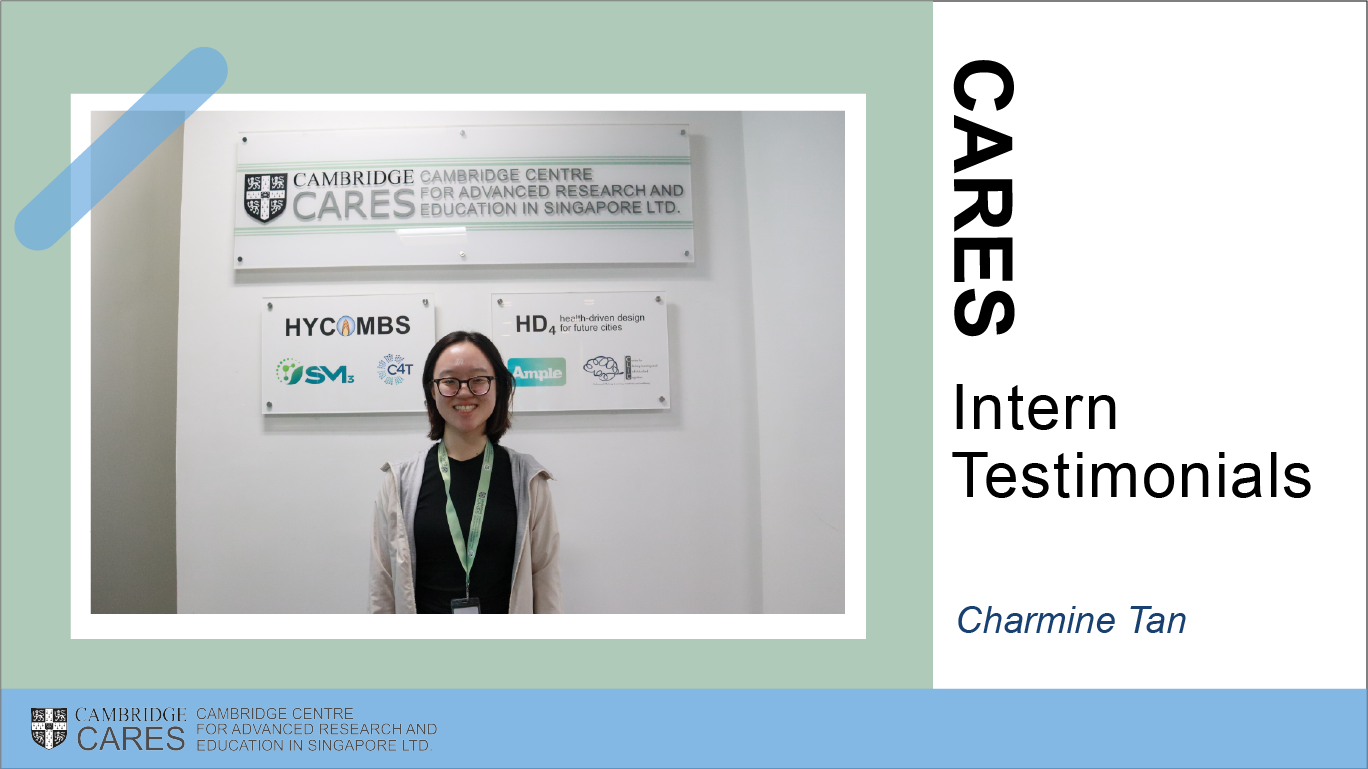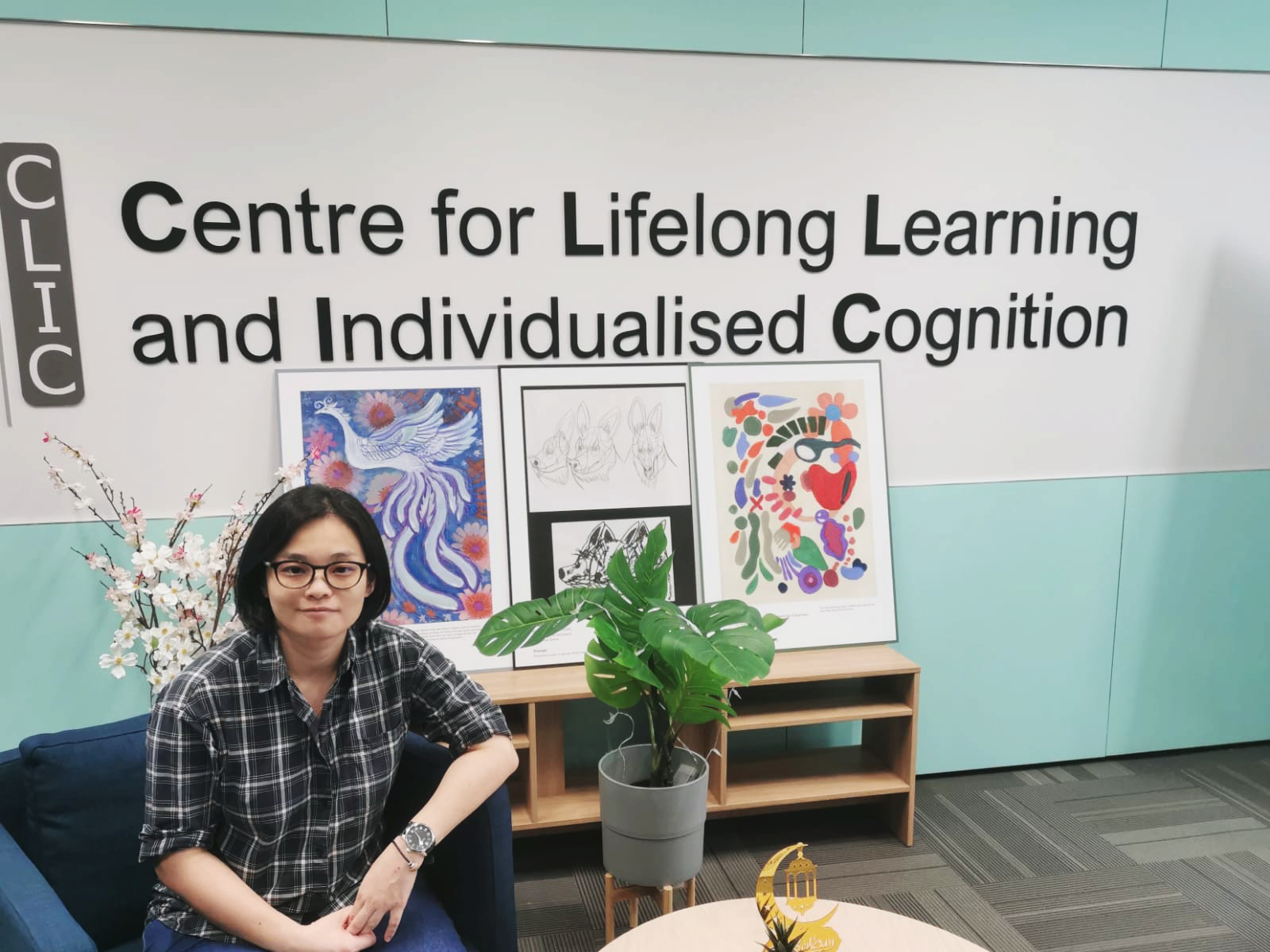CARES Director speaking at World Economic Forum in Davos, February 2016
Prof Markus Kraft, CARES Director, presented to the prestigious World Economic Forum meeting in Davos, Switzerland about work being carried out in the CARES C4T programme. Prof Kraft’s talk focussed on the central integrating platform of C4T, the JPark Simulator, and the role it can play in the Industry 4.0 revolution.
The World Economic Forum engages the foremost political, business and other leaders of society to shape global, regional and industry agendas. Its annual meeting in Davos gathers 2500 of the most influential thinkers and leaders from around the world. In 2016, 40 heads of state and 1500 business and political leaders attended the meeting.
Prof Kraft, who is also a member of the World Economic Forum’s Global Agenda Council on Nanotechnology, was invited to present to the Forum’s Annual Meeting in Davos as part of the University of Cambridge Ideas Lab. During his talk, he spoke about the exciting research he leads in CARES C4T to combine the concept of the Internet of Things with mathematical models to enable on-the-fly modelling and optimisation of the highly complex systems in a chemical industrial park. The JPark Simulator, currently under development in CARES C4T, will be one of the first and most complete attempts at this. It will allow every element and process in an industrial park, from the smallest pump to the electricity grid, to actively interact and adjust itself to optimise factors such as outputs, energy usage, cost and environmental efficiency.
The location of the CARES C4T programme in Singapore allows Prof Kraft and the other C4T scientists from partner universities, University of Cambridge, Nanyang Technological University and National University of Singapore, to use Singapore’s Jurong Island industrial park as a case study to help in developing the simulator to its full potential. The support from the funder of the programme, the National Research Foundation, is instrumental in bringing the ambitious goals of the programme to fruition.
Prof Kraft finished his talk, which was attended by industry CEOs and politicians from around the world: “With this technology the factories of the future will look very different – they will self-regulate to minimise their impact on the environment, whilst maximising their usefulness to human beings. This is the intelligent factory.”


